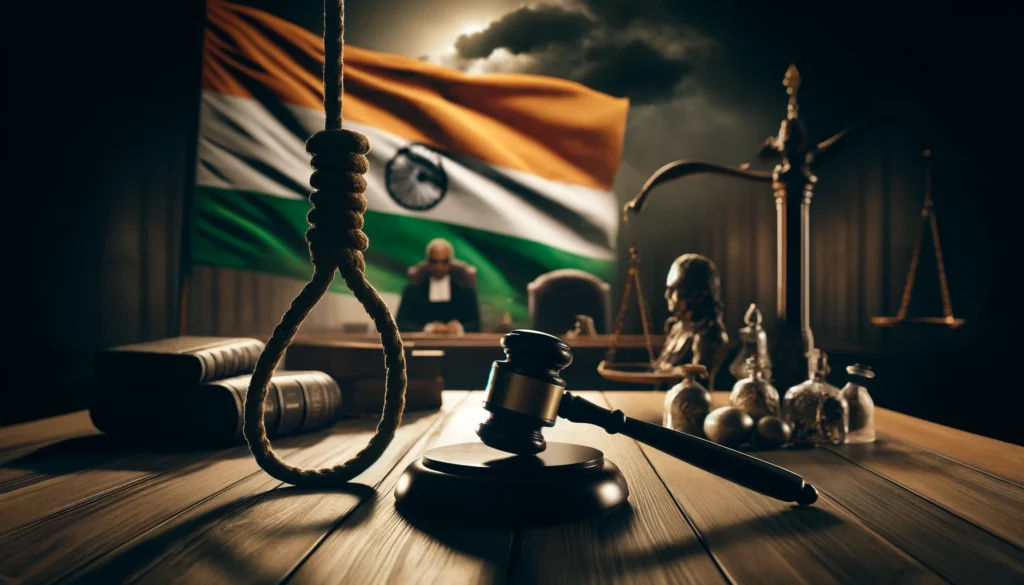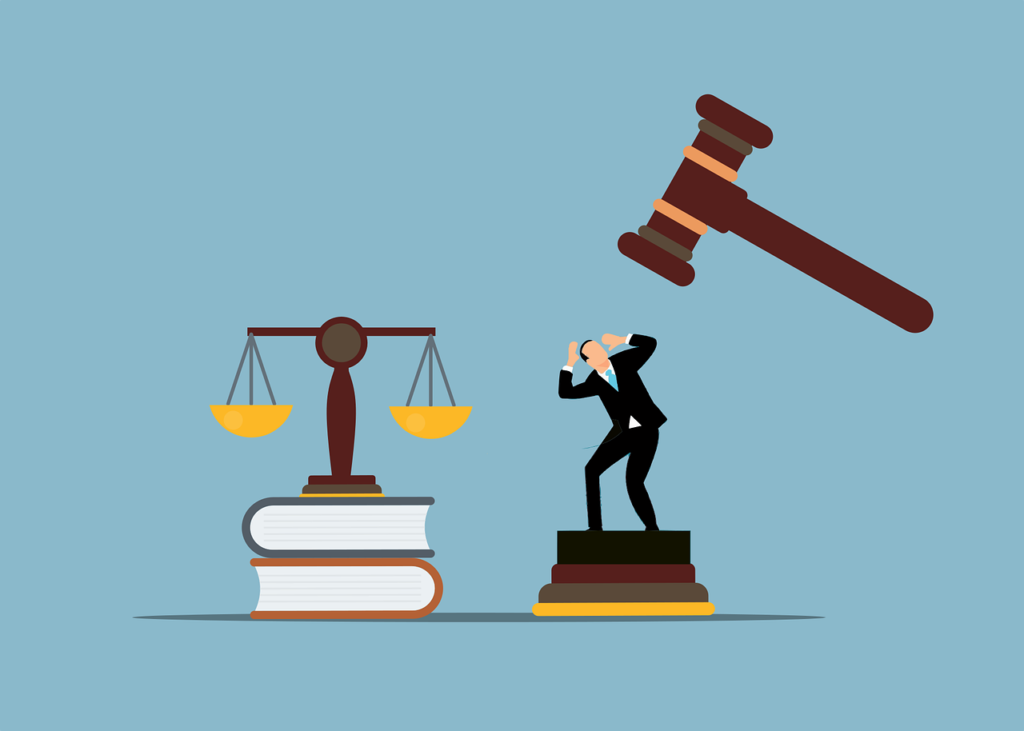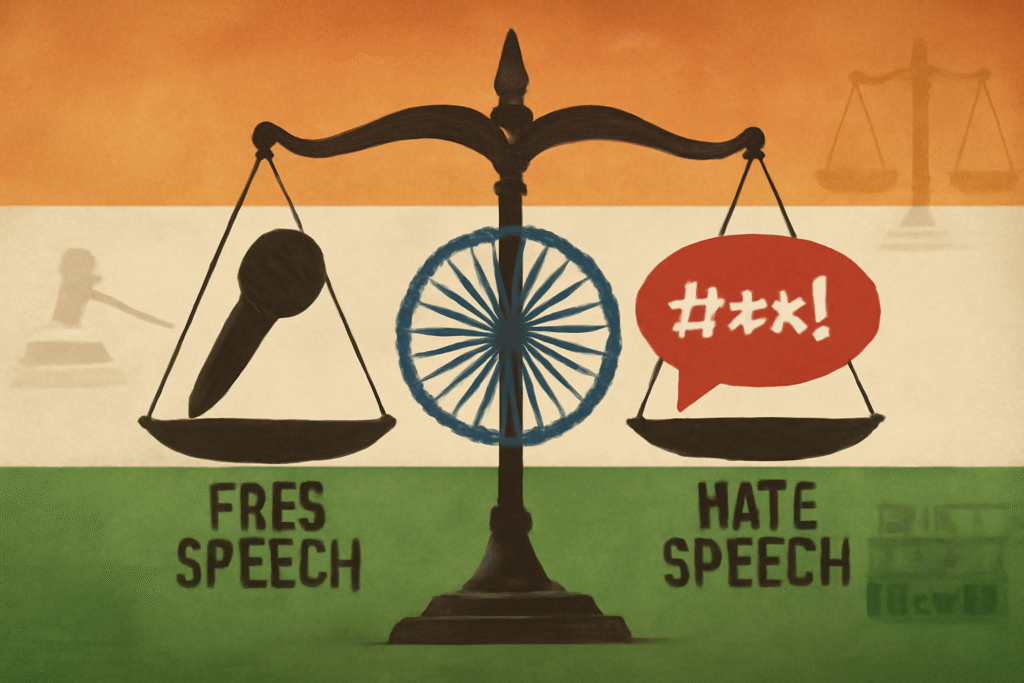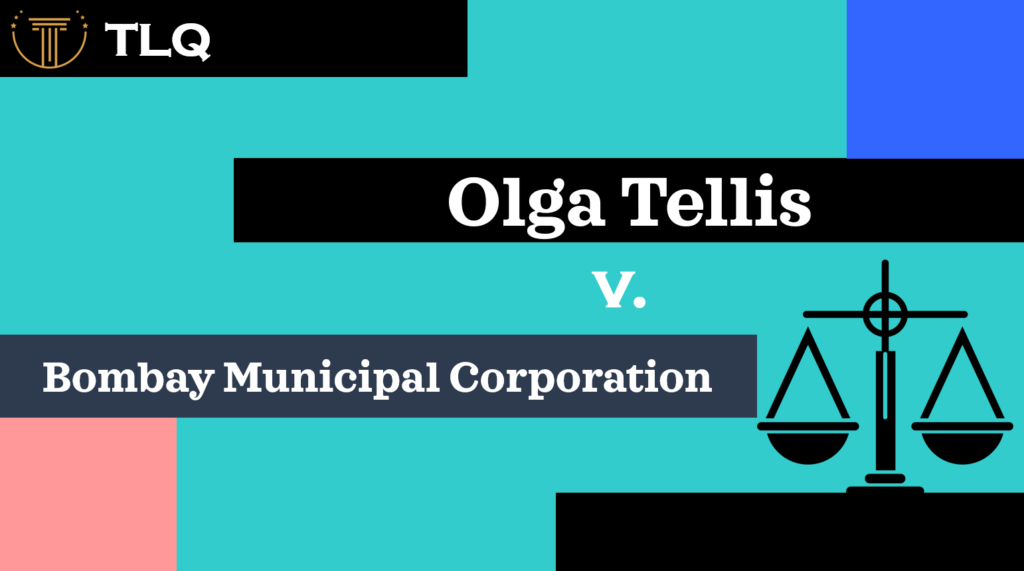Published on 26th July 2025
Authored By: Riya Sharma
Maharishi Dayanand University, Gurugram
Abstract
Where free speech ends, hate speech begins—but can this right to speak freely be controlled? This article critically examines the concept of free speech, exploring whether this fundamental right is absolute or subject to reasonable restrictions. It highlights the dangers of unchecked expression and examines approaches to curb hate speech. While hate speech is not explicitly defined under Indian penal laws, this does not mean one can hurt sentiments under the guise of “freedom of speech and expression.” The right must be balanced against the need to protect individuals and communities from harm. Through analysis of legal cases, this article demonstrates how unchecked speech can fuel violence. It contends that true freedom of speech comes with a responsibility to speak wisely—if speech incites violence or spreads hatred, it can and should be restricted.
Introduction
Freedom of speech and expression is one of the most cherished fundamental rights in the Constitution of India, enshrined under Article 19(1)(a). It empowers individuals to speak and express their views, opinions, and beliefs without fear of government censorship. This right forms a cornerstone of democracy by encouraging open dialogue. However, this right is not absolute. The framers of the Indian Constitution mindfully recognized that unrestricted rights could create disorder in society, encourage hate speech, incite violence, and harm the dignity of others. This article aims to shed light on the question: Is hate speech protected under freedom of speech in Article 19(1)(a)? It explores the legal and moral boundaries that separate free speech from hate speech.
What is Freedom of Speech?
Freedom of speech and expression is a constitutional protection that allows people to present their ideas, views, and opinions publicly without fear of government censorship. Article 19 of the Indian Constitution guarantees six freedoms; however, these freedoms are not absolute. Justice Patanjali Sastri in A.K. Gopalan v. State of Madras[1] observed that “man as a rational being desires to do many things, but in a civil society his desires have to be controlled, regulated and reconciled.”
In Romesh Thapper v. State of Madras,[2] Justice Patanjali Sastri observed that freedom of speech is the foundation of every democracy. Without the ability to speak freely about politics and share opinions, people cannot be properly educated about government, and without this right, a democratic country cannot function effectively.
Importance of Free Speech
Free speech allows people to share ideas and criticize the government, which helps democracy function more effectively. As the Supreme Court has noted, “Democracy is based on free debate and open discussion.”[3] Many social reforms began because people raised their voices against injustice. In a society where free speech is cherished, it fosters new thoughts, creativity, and innovation.
From the abolition of slavery to the fight for women’s suffrage to the civil rights movement, free speech has been an essential and crucial element in advancing human rights and equality. Free speech is not merely a legal right; it is the backbone of a free and just society, essential for social progress and development.
Origin of Freedom of Speech
Freedom of speech was originally seen in ancient Greece around the 5th century BCE. Citizens of Athens were encouraged to participate in open debate, albeit with certain limitations. In the post-World War II era, the Universal Declaration of Human Rights[4] established that freedom of speech is a fundamental right. During British rule in India, freedom of speech was heavily restricted. History has shown that authoritarian regimes, such as Adolf Hitler’s brutal regime, which created a ministry to centralize Nazi control,[5] consistently suppress free expression to maintain power.
Limitations on Freedom of Speech
In India, Article 19(1)(a) guarantees freedom of speech and expression, but Article 19(2) permits the state to impose reasonable restrictions on the following grounds:
1. Sovereignty and integrity of India
2. Security of the state
3. Friendly relations with foreign states
4. Public order
5. Decency or morality
6. Contempt of court
7. Defamation
8. Incitement to an offense
Hate Speech and Its Legal Status
As the United Nations has stated: “Addressing hate speech does not mean limiting or prohibiting freedom of speech. It means keeping hate speech from escalating into something more dangerous, particularly incitement to discrimination, hostility and violence, which is prohibited under international law.”[6]
Hate speech refers to any public communication that encourages violence or incites hatred toward a person or community. This can be conveyed through writing, words, or expression on subjects such as caste, race, religion, or literacy. Although hate speech is not specifically defined as a crime under Indian penal laws, several sections of the Bhartiya Nyaya Sanhita, 2023 address it. These include Section 196 (promoting enmity between different groups on grounds of religion, race, place of birth, residence, language, etc.), Section 197 (imputations and assertions prejudicial to national integration), Section 298 (injuring or defiling places of worship with intent to insult religion), Section 299 (deliberate and malicious acts intended to outrage religious feelings), and Section 553 (statements conducing to public mischief). These correspond to erstwhile sections 153A, 153B, 295, 295A, 298, and 505 of the Indian Penal Code, 1860.
According to the Law Commission of India’s 267th Report,[7] “Hate speech is any word written or spoken, signs, visible representation within the hearing or sight of a person with the intention to cause fear or incitement to violence.” However, this definition has not been ratified by Parliament or the judiciary. Nevertheless, one can lodge an FIR for hate speech under the above-mentioned sections of BNS 2023. Other provisions in different statutes govern hate speech, such as Section 123(3A) of the Representation of the People Act, 1951, and Section 66A of the Information Technology Act, 2000. However, in the landmark judgment Shreya Singhal v. Union of India (2015),[8] Section 66A was struck down as unconstitutional.
In today’s world where everyone seeks to go viral on the internet, spreading hate speech is alarmingly easy. Targeting individuals or communities is facilitated by the accessibility of the internet, and such speech must be held accountable to prevent violence and maintain public order.
Recent Controversial Cases in India
In “India’s Got Latent,” a show hosted by Samay Raina, an episode featured panelists Ranveer Allahbadia and Apoorva Makhija who made derogatory remarks that many found offensive, leading to multiple FIRs filed in different states. However, the speech in question conveyed “obscenity” rather than falling under the ambit of “incitement of hatred or violence against a group based on religion, caste, or gender.” The essential element of hate speech is that it must incite violence or hatred.
In a very recent and controversial case of Sharmistha Panoli, a 22-year-old law student and social media influencer, who in May 2025 made derogatory remarks about the Muslim community related to “Operation Sindoor.” These remarks were deemed to provoke inter-religious enmity and were considered hate speech. An FIR was filed against her, and later Kolkata police arrested her on charges under Section 153A (promoting enmity between different groups on grounds of religion, race), Section 295A (deliberate and malicious acts intended to outrage religious feelings), and Section 505(2) (statements creating or promoting enmity, hatred, or ill-will between classes)—charges that fall under the exceptions to “freedom of speech” under the Indian Constitution.[9]
Global Approaches
Freedom of speech is protected under various international laws while also providing for reasonable restrictions. The Universal Declaration of Human Rights, 1948, recognizes this balance. In the United States, freedom of speech is protected under the First Amendment, and speech is not considered hate speech unless it incites imminent lawless action.
Germany has strict anti-hate speech laws due to its historical experience with Nazism. In the United Kingdom, the Public Order Act, 1986 and the Racial and Religious Hatred Act, 2006 criminalize hate speech.
Various global initiatives have been launched to curb hate speech. The Council of Europe ran the “No Hate Speech Movement” to address the problem. Online platforms including Facebook, Google, Microsoft, and Twitter agreed with the European Union to remove hate speech content from their platforms within 24 hours. Different countries continue to organize initiatives and implement regulatory changes to tackle the issue of hate speech effectively.
Hate Speech vs. Free Speech
Free speech is considered a cornerstone of democracy, allowing people in society to present their views and expressions freely, including criticism of the government to hold it accountable. Hate speech, meanwhile, attacks people and communities. If hate speech were allowed under free speech protections, it could lead to serious problems including violence due to the rapid spread of hatred. This is why Article 19(2) provides reasonable restrictions on freedom of speech.
The term “reasonable” applies to restrictions that are necessary and fair. In Chintaman Rao v. State of Madhya Pradesh (1950),[10] the Court held that a restriction is reasonable when it is not arbitrary or unjust. Restricting hate speech is not a violation of democracy or freedom of speech; rather, imposing such restrictions is important to protect the nation. In a diverse society like India, unrestricted freedom of speech can lead to communal violence and threats to national security.
In a recent judgment by the Hon’ble Supreme Court in Amish Devgan v. Union of India (2021),[11] Amish Devgan, a journalist, made controversial statements about a Sufi saint. He later claimed that his remarks were unintentional and sought protection under Article 19(1)(a). The Court held that such hate speech is not protected under Article 19(1)(a) and stated that a public “apology” does not absolve criminal liability.
Can Speech Violating Fundamental Rights Be Challenged as Hate Speech?
In Kaushal Kishor v. State of Uttar Pradesh & Ors. (2023),[12] a derogatory speech by a minister violated a rape victim’s dignity and right to life under Article 21. The question arose whether freedom of speech can be restricted to protect the fundamental rights of others under Article 21. The Court held that restrictions are provided under Article 19(2) of the Indian Constitution, and no new grounds can be added by the judiciary. If such speeches violate any fundamental rights, they can be challenged under Articles 32 or 226.
Conclusion
In today’s digital and interconnected world, hate speech can rapidly become viral on social media. People often post derogatory content on their social media handles to spread hatred in society, and this has become a shortcut to fame. To safeguard democracy, it is essential to address hate speech through legal mechanisms. While Indian penal laws do not have a specific section exclusively for “hate speech,” corresponding provisions exist to address it.
However, punishment alone is not a complete solution. India can adopt additional measures to curb hate speech, such as imposing stricter regulations on media platforms, enacting a separate section specifically criminalizing hate speech, and establishing an independent monitoring body to track and respond to harmful speech online.
Curbing hate speech is not just about regulations and law; it is about building a culture of respect toward each other’s emotions and dignity. Harmful speech can cause lifelong trauma to individuals. Therefore, restricting such speech is important for society to maintain peace, protect individual sentiments, and promote unity among all people.
References:
[1] A.K. Gopalan v. State of Madras, AIR 1950 SC 27. ↩
[2] Romesh Thapper v. State of Madras, AIR 1950 SC 124. ↩
[3] Maneka Gandhi v. Union of India, AIR 1978 SC 597. ↩
[4] Universal Declaration of Human Rights, G.A. Res. 217A (III), U.N. Doc. A/810 at 71 (1948). ↩
[5] Peter Longerich, Goebbels: A Biography 212-213 (Random House 2015). ↩
[6] United Nations Secretary-General António Guterres, Strategy and Plan of Action on Hate Speech (May 2019). ↩
[7] Law Commission of India, Report No. 267, Hate Speech (2017) (Chairman: Dr. Justice B.S. Chauhan). ↩
[8] Shreya Singhal v. Union of India, (2015) 5 SCC 1. ↩
[9] Times of India, News Desk (June 9, 2025). ↩
[10] Chintaman Rao v. State of Madhya Pradesh, AIR 1951 SC 118. ↩
[11] Amish Devgan v. Union of India & Ors., (2021) 1 SCC 1. ↩
[12] Kaushal Kishor v. State of Uttar Pradesh & Ors., (2023) 4 SCC 1. ↩




